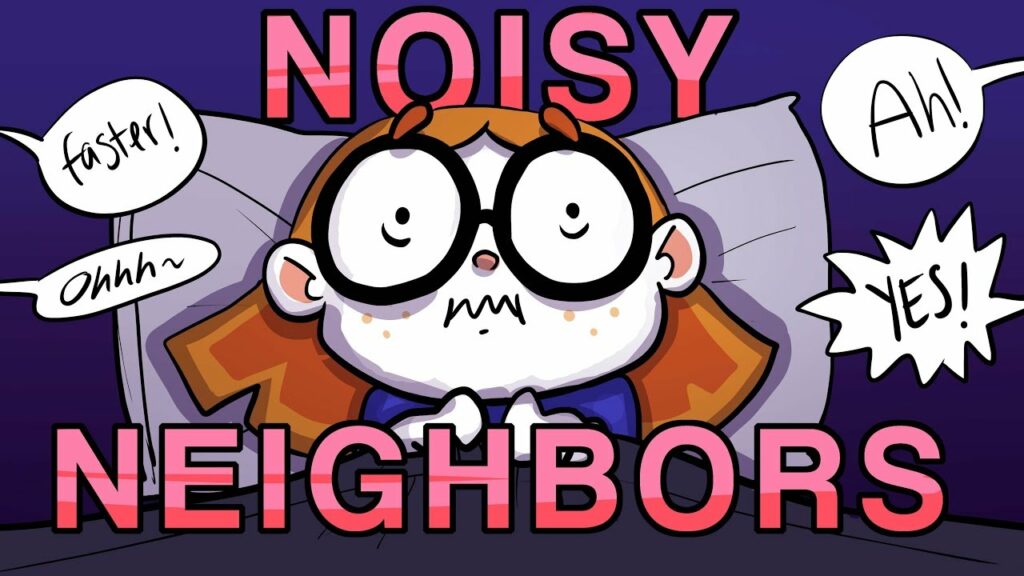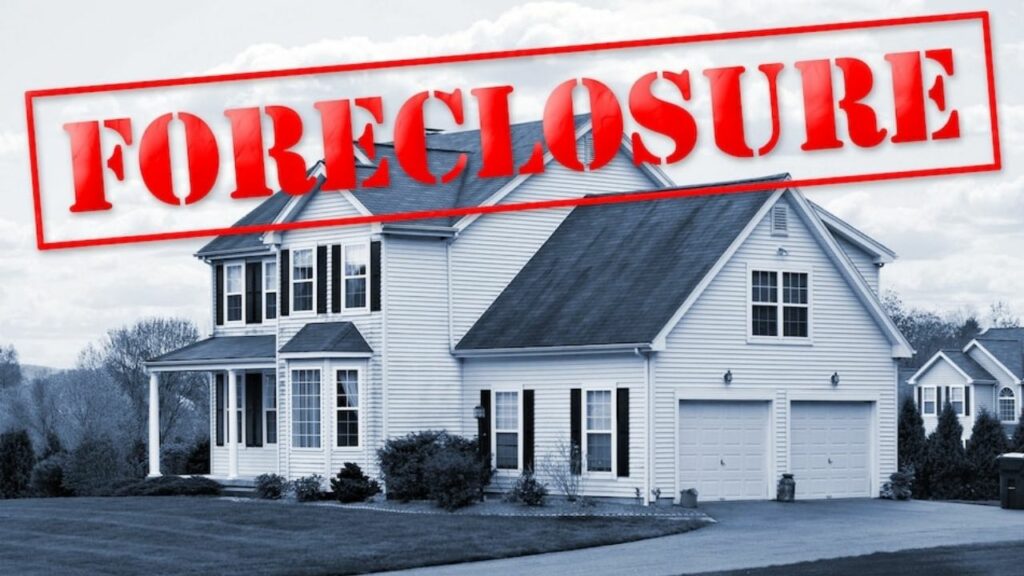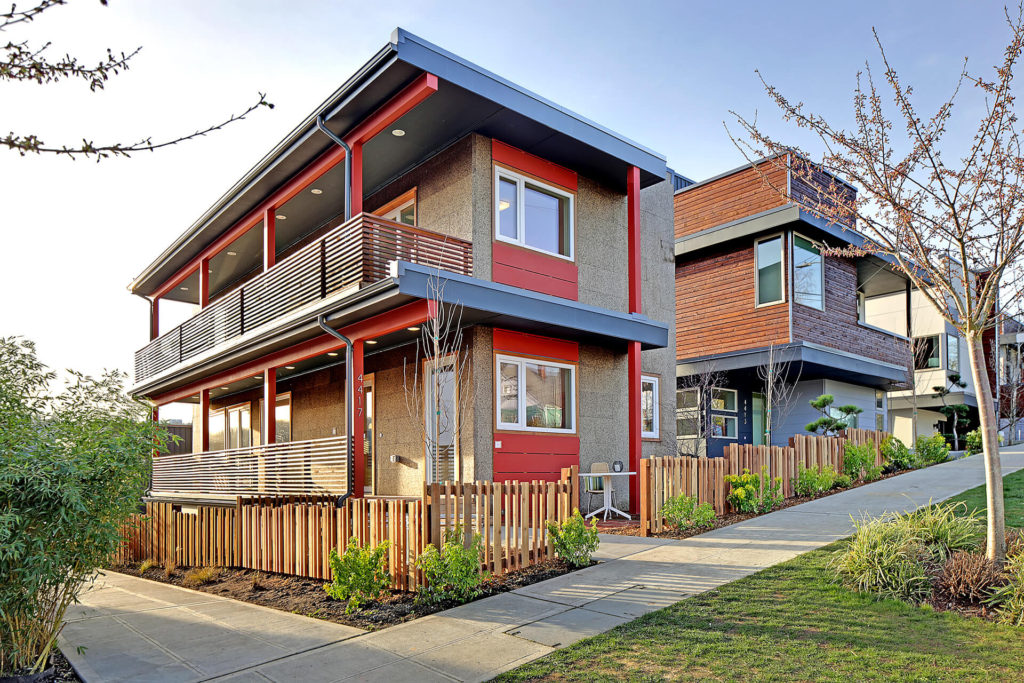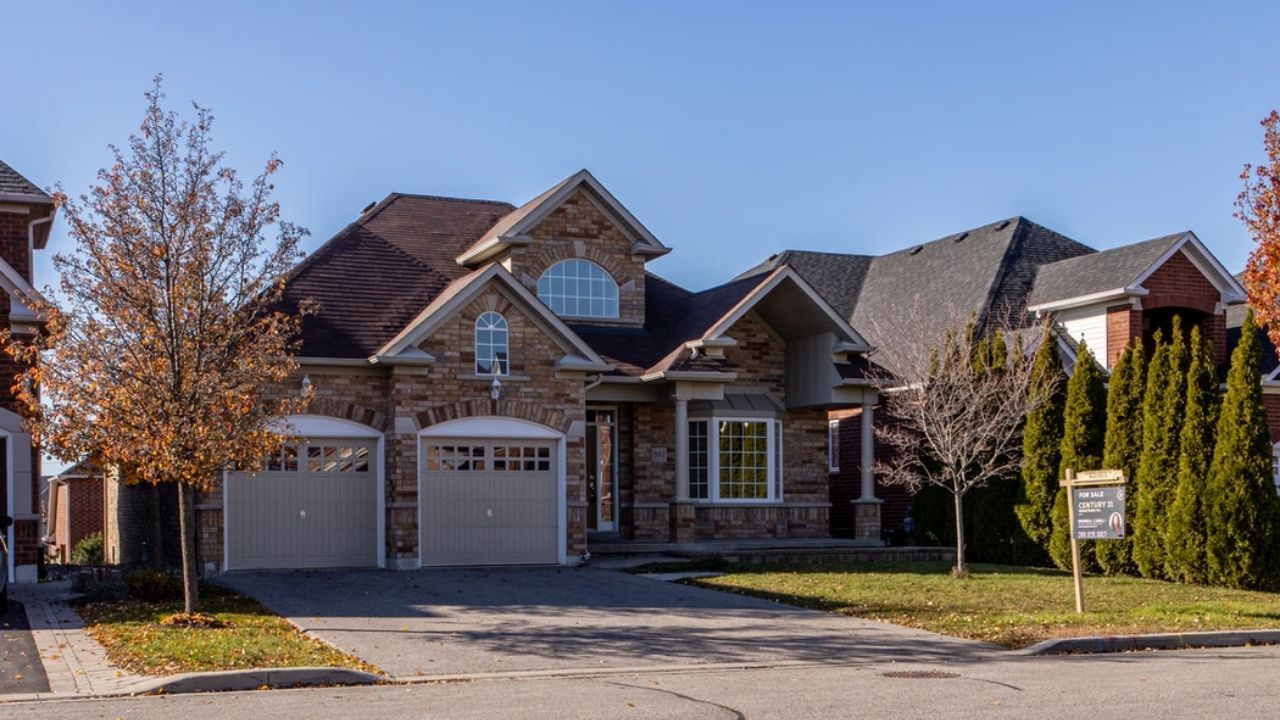Selling a house is a monumental task. One might say it’s one of the hardest things you’ll do if this is your first time. From buyers losing their mortgage deal to an underlying lien on your house – it’s almost impossible to do everything right and plan for all the surprises.
On top of this, there are issues that you foresee in the beginning, but you just can’t do anything about them – the annoying neighbor problems. I have been buying and selling real estate in Atlanta, Georgia, for almost twenty-plus years now. I can tell you with absolute certainty that having problematic neighbors is one of the worst nightmares for some of my clients.
Some neighbors don’t know their boundaries, while others are a bit too involved in their world to notice how they affect property values. So, how do you sell?
Selling a house with a neighbor problem is possible, albeit challenging, and legal action is not always the right answer. You could sell your house at top dollar if you deal with the situation diplomatically and know the appropriate solution for each neighbor problem.
Common Neighbor Problems & Their Solutions
Frankly speaking, it’s not rocket science. You just need to know all the common problems and their solutions if you’re going to resolve your disputes for good.
A serious neighbor problem can drastically affect the sale of your house – it could either break the deal entirely or devalue the property value atleast. These issues can lower the value upto 5-10%, according to a study by AppraisalInstitute.org.
1. Ones who cross the property Line
Sometimes your neighbor will intentionally or unintentionally trespass on your property. Maybe they’re building a shed or expanding their garage, and it won’t matter if you don’t mind it right now because the buyer will.
You should immediately talk to your neighbor if you catch them encroaching your property line. Also, contact a good lawyer for advice if the neighbor disagrees.

2. Dangerous neighbors
Now, this is the worst kind. You could endanger your own well-being if your neighbor is verbally or physically abusive or dangerous in some other way. It might not be a good idea to talk to them directly in these cases.
You must let the buyer know if the issue isn’t resolved till the sale because it’s a matter of the buyer’s and their family’s safety. Ideally, you should contact a lawyer and get law enforcement to resolve the issue while you stay anonymous.
Read More: Closing Costs: What are they? Who pays them? How to avoid them?
3. Noisy neighbors & Problem Animals
The problem animals are usually pets or stray cats and dogs. If it’s an issue of strays making noises or forming packs, call animal control and have them resolve the issue.
But if the issue is a neighbor or their pet, you should talk to them and explain how this affects your sale. You might get them to “lower the volume” or control their pet atleast until the sale finishes smoothly.
You can contact local cops in these situations if they don’t listen – every state has laws about loud music and other sorts of noise pollution.
4. The “I want your house” neighbor
There are rare situations when a neighbor wants to expand their property, so they try to poach adjacent houses by sabotaging their house sale.
If this happens to you, just try cutting a deal with them. Sell your house if the price is right; you’re moving away from this neighbor anyway. Although you should call the police or consult someone if this leads to harassment.
5. Overgrown lawn
Buyers take the front lawn very seriously during the sale for obvious reasons. And, this doesn’t stop at your lawn, but it includes your neighbor’s lawns too. Tall and uncut grass will push many buyers away.
Many counties have laws about grass and debris, so you could contact the authorities and demand a clean-up job. If there are no such laws, it’s in your best interest to talk to your neighbor and even help them get the lawn clean.
Pay for professional services if you have to; this could save you thousands of dollars on the sale.
6. The Junk Collectors
You might end up with a neighbor who likes to collect stuff regardless of how distasteful and tacky it is. I call those “The Junk Collectors.” While this is not your problem if the junk is kept in the backyard or within the house, it could become an issue if it stays on the lawn or in the driveway (junk cars).
Get in touch with them to see what can be done; you could always offer a storage unit or a cheap lawn shed to clear those eyesores. But if they disagree, various states have laws against such specific cases.

7. Foreclosures
Foreclosure technically doesn’t fall in the “problematic neighbor” niche, but it will affect the sale of your house. The upside of this situation is that a bank owns these properties, and if you inform them about the worn-down condition of the house, they’ll resolve the issue almost immediately.
In conclusion, the idea is to resolve the issue as efficiently as possible. I don’t wanna sound too political, but diplomacy is the key here.
Do I HAVE to disclose problematic neighbors during the sale?
Short answer? Yesn’t.
Many sellers hesitate about disclosing their problematic neighbors to a full extent because it might jeopardize the sale of their house. While the concerns are quite understandable, you must not do it.
Sellers are legally required to disclose problematic, sabotaging, and trespassing neighbors to buyers during the house sale. They must also put this information in their Purchase Information Form because buyers can sue their sellers for hiding information.
If you have any issues with your neighbors, your first course of action should be to inform your realtor, lawyer, or whoever is managing your deal. Any professional worth their money would know how to deal with such situations delicately and put out the fire before any harm.
Yes, your lawyer can counter-argue that “the buyer hired their own surveyors and inspectors and was completely satisfied with the situation of the house during sale.” But it won’t always work, and a lawsuit over your house sale isn’t something you should be planning for right now. Check the laws of your state to understand what problems are legally required to be disclosed right away.
Various states have different registries for noise complaints, criminal offenders, etc., so it might be in your best interest to disclose them beforehand. That way, you have the moral high ground, and you could explain to the buyer how the problem is being resolved.

Now that you know that you must disclose some aspects of sabotaging neighbors, if not all, let’s discuss how you could resolve the problem before you HAVE to inform the buyer.
Read More: Quick & Easy Guide to Selling a House Without a Bathtub
Should I sue my neighbor for devaluing my property?
The answer to this question highly depends on the nature and intensity of the harassment.
You could potentially sue your neighbor for sabotaging the house sale or trespassing your property – but it shouldn’t be your first option. Try to talk it through or complain to concerned authorities and sue if absolutely necessary. A legal dispute might cost you more money than a diplomatic solution.
Let’s see your options now.
1. Complain to HOA or COA
Suing your neighbor for sabotaging your house sale might seem like a viable option, but it isn’t easy. You really can’t prove how much they devalued your property. The ideal way to deal with this is to talk to your neighbor directly and resolve the issue.
Of course, that’s easier said than done since some neighbors just won’t listen. You should put a formal complaint to Homeowners Association (HOA) or Condominium Owners Association (COA) in such cases.
You could also check the guidelines of Covenants, Conditions, Restrictions (CCRs) for your specific community to see if HOA (or COA) has authority over your dispute or not.
If it does, then you can relax. The association will talk to your neighbor or send them a legal cease and desist notice on the count of violating regulations from the Department of Housing and Urban Development (HUD).
2. Complain to City or County Authorities
If your HOA and COA don’t have the proper jurisdiction over the dispute, you can complain to your local county office or city office and get the police involved. It’s a good idea to consult a property lawyer or atleast hire a surveyor who would confirm the legal boundaries since that would help you with your trespassing claims.
These surveyors usually cost upto $500-600, but their formal report will save you thousands on the sale value. The last option is to sue your neighbors for their sabotaging behavior and get the issue resolved quickly before the buyers come.
You could also contact a Real Estate Acquisition company like JWS Acquisitions because we buy properties to hold as long-term rentals or to rehab and sell. This allows us to give you the best price on your home and sell on your terms that too within 10-14 days.


